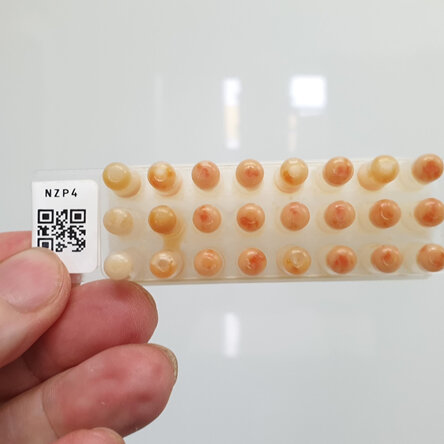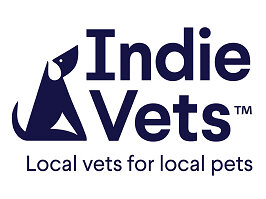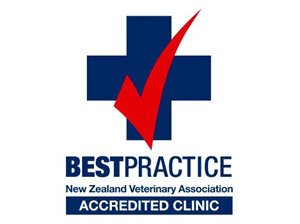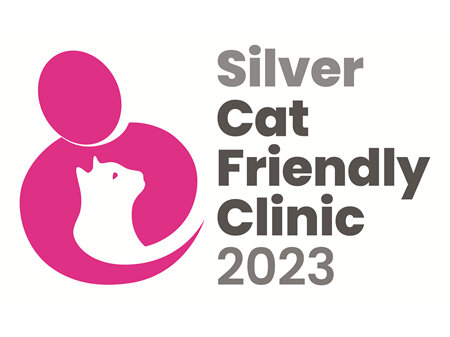Franklin Vets
Franklin Vets - excellence in veterinary care for dairy, farming, lifestyle, equine and household pets. BESTPRACTICE ACCREDITED NZ.
Your account is powered by Storbie. To edit your profile visit my.storbie.com
Your account is powered by Storbie. To edit your profile visit my.storbie.com

The right cow to cull is the cow that will not respond to treatment, is likely to be reinfected, and poses a risk to the rest of the herd because of the type of infection she carries.
Your clinical case records, observations of your cows’ conformation and teat condition, and herd test data play a big part in determining whether cows will respond to treatment, are likely to become reinfected, or pose a risk to the herd. Where possible, base your decision on all the data on hand. Easy decisions can be made for cows repeatedly getting mastitis during the season with poor udder conformation and damaged teats. More difficult decisions need to be made with the assistance of herd test data.
In a study of one of our farms I published a few years ago, >90% of cows older than 4 years of age, with any herd test during lactation over 150,000c/ml and with the last herd test at the end of lactation over 299,000 were infected with major pathogens. Some of these, e.g., Staphylococcus aureus, are difficult to cure in the best of times. When these “bugs” are found in older cows with a long history of high somatic cell counts, they don’t respond to treatment and pose a significant risk to herd mates.
To confirm whether your cows have “hard bugs to kill”, we are seeing farmers increasingly turning to microbiology to determine what bacteria are present before making final culling decisions. Herd test data is used to screen cows for testing and then culture results help predict which cows will respond to treatment, which may become reinfected, and which pose a substantial risk to herd mates.
There are several options for this with herd test services, on-farm lab services, Mastatest® bulk services and our own in-house lab Bioscreen offerings that can help you make the right call. If you would like assistance getting rid of the right cows, talk to one of your Franklin Vets farm team.
David Hawkins, BVSc.Farm Vet, Franklin & North Waikato
Franklin Vets - excellence in veterinary care for dairy, farming, lifestyle, equine and household pets. BESTPRACTICE ACCREDITED NZ.



